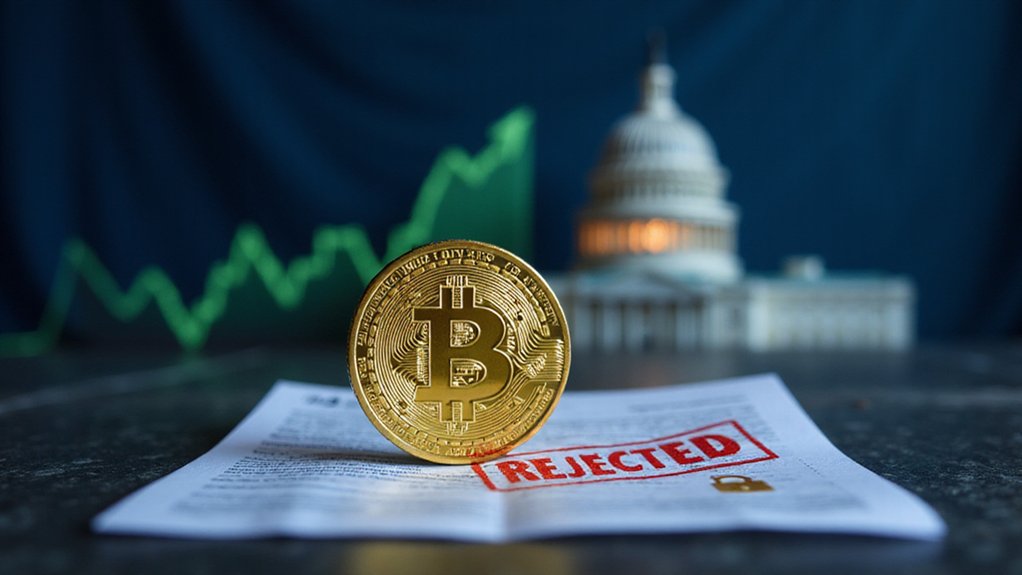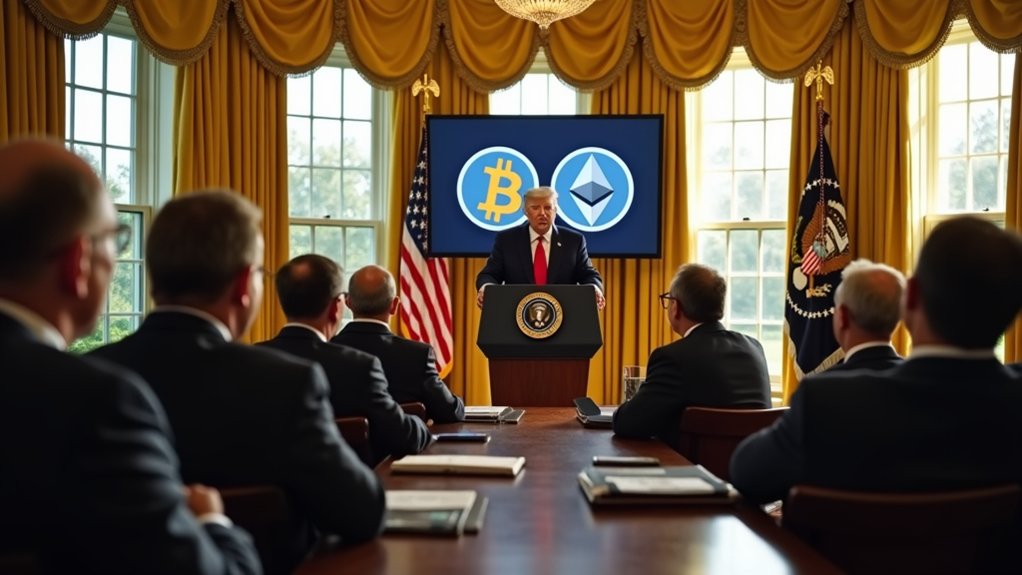David Sacks, serving as the White House crypto and AI czar, firmly rejected a proposed 0.01% tax on cryptocurrency transactions, warning that even modest tax initiatives often expand over time. His position comes amid broader efforts by the Trump administration to position the United States as the "Crypto Capital of the World."
Sacks specifically cited the history of income taxation as a cautionary example of how initially minimal taxes can grow substantially.
The rejected tax proposal would have imposed a 0.01% levy on all cryptocurrency transactions, including transfers between wallets owned by the same individual. Proceeds were intended to fill the newly established U.S. Strategic Bitcoin Reserve and digital asset stockpile.
Despite its seemingly small percentage, the tax faced significant opposition from crypto investors and industry leaders concerned about setting a precedent for future increases.
Sacks' stance aligns with the administration's recent executive order aimed at establishing American leadership in the cryptocurrency industry. The supply and demand principle suggests that government stockpiling could significantly impact market pricing by reducing available circulation. The administration also proposed eliminating federal income tax as part of its comprehensive tax reform agenda. Research indicates this reform could potentially result in savings of $130,000 per person over time. The initiative includes plans for a government-wide audit of digital asset holdings and strategies to safeguard crypto assets for long-term value preservation.
The Treasury Secretary would retain discretion to rebalance the portfolio as market conditions evolve.
The government's previous handling of Bitcoin holdings influenced this approach. Federal authorities once possessed approximately 400,000 Bitcoin but sold roughly half for only $360 million—assets now valued at over $17 billion.
Sacks emphasized the importance of retaining the remaining Bitcoin rather than implementing new taxation methods.
Market response to these policy signals has been positive, with Bitcoin rising nearly 5.5% over five days following the announcements.
Other cryptocurrencies considered for inclusion in the government stockpile saw even larger gains, with Cardano jumping 41% and XRP increasing 19.8% during the same period.
While the White House crypto summit made no explicit mention of concrete tax policies, it featured prominent industry leaders who generally praised the administration's approach to ending what they described as a previously "negative regime" on digital assets.





